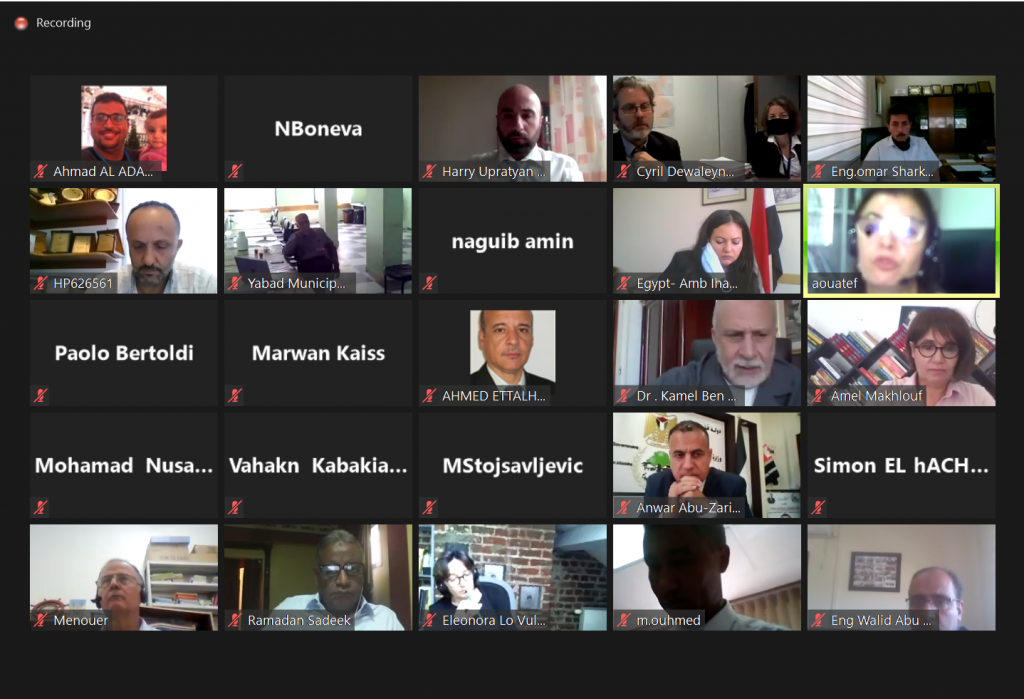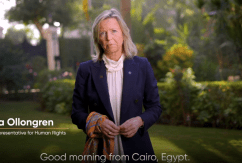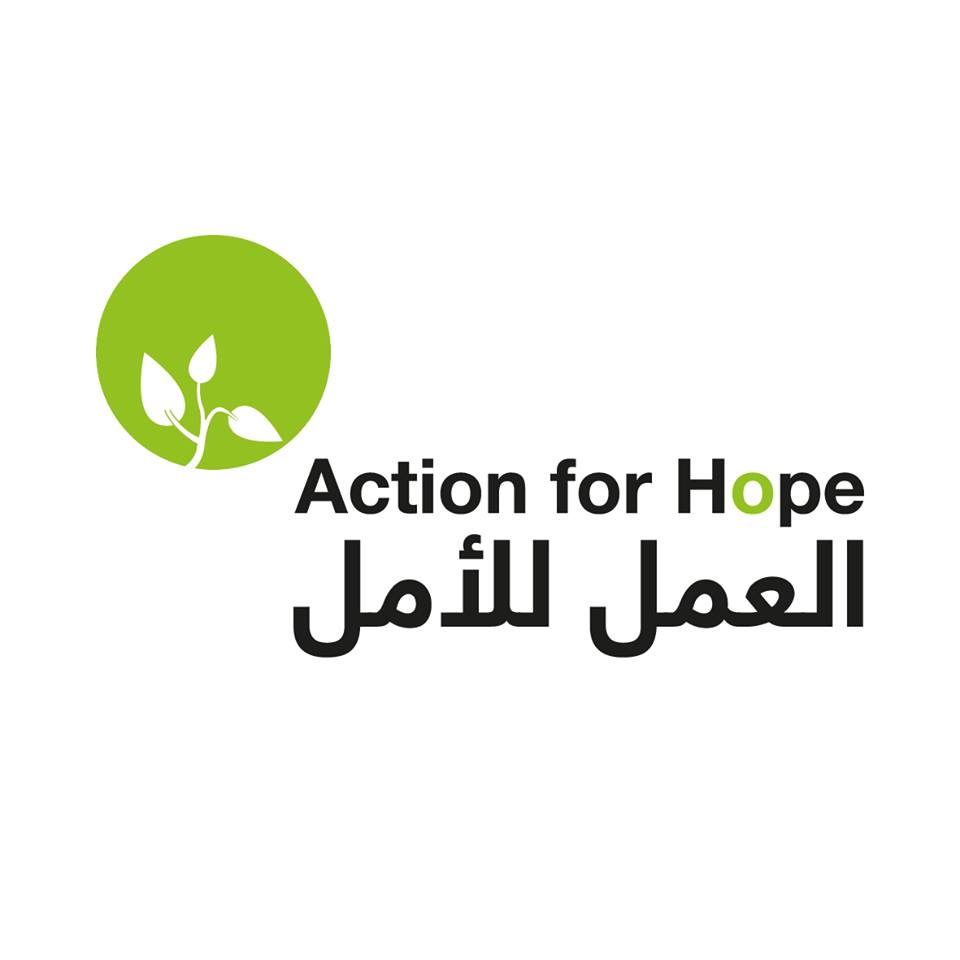Clima-Med reaffirms common engagement between EU and Local Mediterranean Authorities on importance of climate actions

The third Steering Committee meeting of the Clima-Med project was held virtually on 1 April in collaboration with the Directorate-General for Neighbourhood and Enlargement Negotiations (DG NEAR). The Clima-Med team reported on the project regional progress covering a two years period, the engagement of National and Local Authorities as well as the preparation of activities planned to take place during the next phase.
More than 50 participants took part in the morning and afternoon sessions of the meeting together with partner institutions and Ministries, Focal Points and representatives of municipalities from the eight South Mediterranean countries covered by the project. The European Union representatives reiterated their commitment to continue their work on Climate action and announced that the EU will dedicate 30% of the envisaged funding for External Action on climate change. They also introduced the EC’s Green Deal and emphasised on the significant external dimension of the initiative.
The presentations and discussions focused on the results achieved and the proposed work plan, spanning all key themes covered by the project such as: the access to climate finance for the implementation of the Sustainable Energy Access Action Plans (SEACAPs) , the progress and challenges in the preparation of SEACAPs to 80 cities and the importance role of the Helpdesk, the set up of the Covenant of Mayors for the Mediterranean (CoM Med) and its website, the Climate Action Strategy (CAS) developed for each country, and the planned communication actions.
The EU-funded project “Clima-Med – Acting for Climate in South Mediterranean” aims at supporting the transition of partner countries towards sustainable, low-carbon and climate-resilient development. The overall objective of the initiative is to enhance energy security and adaptive capacity of partner countries and subsequently contribute to more stable, efficient, competitive and climate-resilient socioeconomic contexts, while increasing energy sovereignty and reducing CO2 emissions.
Read more
Clima-Med – Website and Facebook page





























 Syria
Syria 




